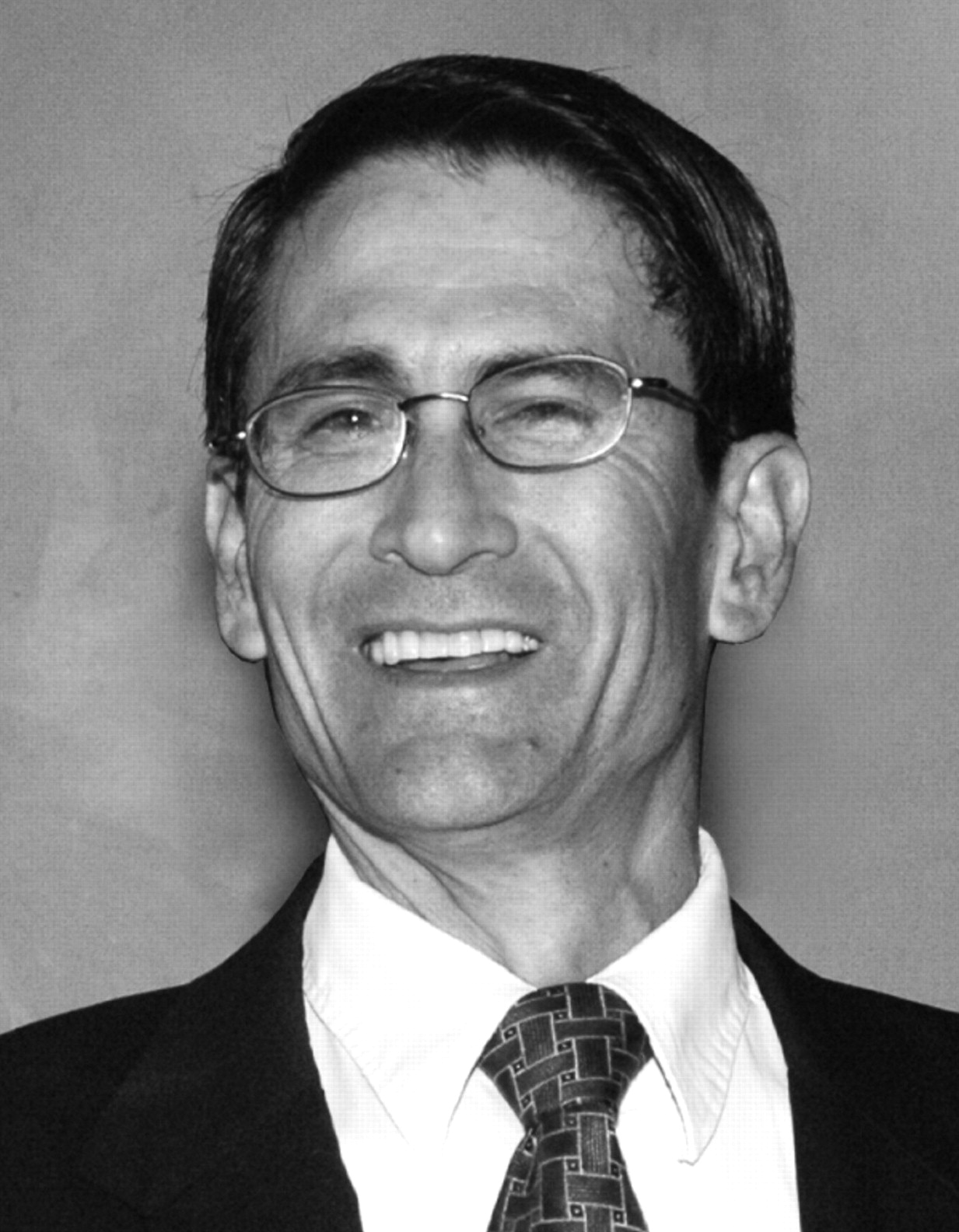CANDIDATE FOR VICE PRESIDENT
Distinguished Fellow

Medical Director, Diamond Head Community Mental Health Center, 2003-♦ Associate Clinical Professor of Psychiatry, University of Hawaii, 1999- ♦ APA Assembly Speaker, 2007-08 ♦ APA Board of Trustees, 2006-08 ♦ APA Finance and Budget Committee, 2006- ♦ Secretary, APAPAC, 2004-07 ♦ AMA Section Council on Psychiatry, 1998-♦ Chair, Hawaii Medical Advisory Board, 1999-2001 ♦ Five-Time Ironman Triathlete, 1980-83
My mother was a Daughter of the American Revolution, a fourth-generation female graduate of Alfred University, the second university in the United States to admit women. My father, a Chinese–Native Hawaiian who escaped France to return to the United States just days after Hitler invaded Poland, was the first of his family to attend college and became a Kahu (spiritual shepherd) of the Hawaiian People. Despite concerns by many over their interracial relationship, she sailed across the Pacific in 1944 to marry him. Different races, different cultures, a raging world war. Yet their faithful partnership succeeded for the rest of their lives.
Our APA is also a partnership, of our members with each other and with our medical ancestors, a cherished inheritance, borne of the sacrifices of our predecessors, representing gains hard won despite forces beyond measure. Without APA, we would not have the science to support the best psychiatric education, care, and annual meeting in the world, nor the DSM, nor the CPT codes that provide the means, the reimbursements, and salary schedules by which we pay off our mortgages, our cars, and our college and medical school loans. APA is our lifeline to heal our afflicted.
For over 15 years, I have served APA, from the Committee of American Indian, Alaska Native, and Native Hawaiian Psychiatrists in 1992 to the Board of Trustees 2006-08. As speaker of the APA Assembly, I hosted the first-ever address to the Assembly by a sitting United States Senator, who announced his introduction of (ultimately passed) legislation to improve care of“ Invisible” (PTSD) injuries in veterans. I appointed women to fill four of the seven openings on the restructured Assembly Committee on Planning. I lobbied for parity with the New Jersey Psychiatric Association in Trenton, mentored residents at Howard in Washington, D. C., and met with 13 more district branches.
As a member of the AMA Section Council on Psychiatry, I arranged for APA to host meetings since 1998 of the APA and AMA leadership with Hawaii's legislators, lieutenant governor, and governor. This led to our coalition successfully defeating crash-course prescribers in the home state of their chief national architect for over 15 years. Through this, we significantly raised the stature of psychiatry in the AMA, facilitating not only the AMA Scope of Practice Partnership to fight multiple inappropriate scope expansions, but expanding our influence via the election or appointment of APA members to nearly every council in the AMA, including Jeremy Lazarus, M.D., as speaker of the AMA. With the AMA's help, and through new partnerships with members of Congress via APAPAC, of which I was a founding board member in 2002 and secretary 2004-07, after 40 years of fighting discrimination against our patients, we actually won parity via the Medicare Reauthorization Act this year. Furthermore, we secured for APA more than $350,000 in savings on Hawaii Convention Center rental fees as well as hotel rates low enough to make up for anticipated airfare differences for the 2011 annual meeting. This is the kind of progress for you and our APA that powerful partnerships provide.
Please vote for me to continue serving you in this manner as your vice president. If elected, then as always, I will do everything I can to creatively and honorably accomplish what matters most to our dues-paying members, our patients, and our profession. In partnership with you, I will work to move APA from the Good organization that it is to the Remarkable organization it is to become.
Aloha and mahalo (thank you),
Jeffrey Akaka, M.D.
Primary Professional Activities and Sources of Income
Professional Activities
80%—Medical Director, Diamond Head Community Mental Health Center
75%—Patient care
25%—Administrative
5%—Medical Consultant
15%—Organized medicine and other volunteer advocacy activity
80%—APA
20%—HPMA, AMA, HMA, state/federal lobbying
Income
100%—State of Hawaii
90%—Department of Health
10%—Department of Human Services



